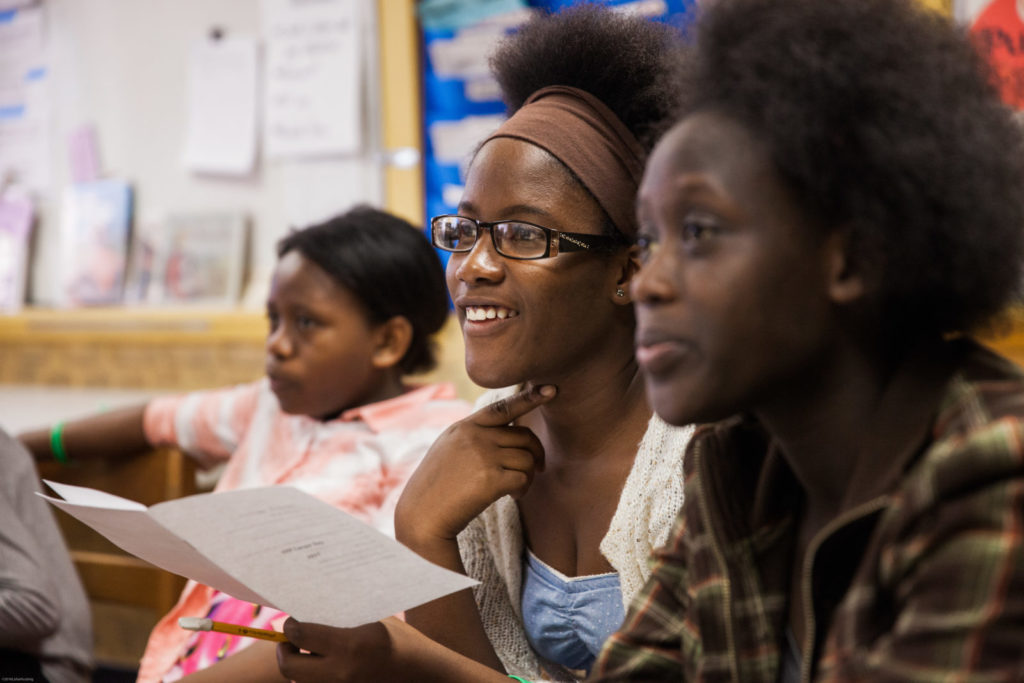Honoring the International Day of Education in a Pandemic

by Staff | January 24, 2021
In the midst of a global pandemic, today we are recognizing the International Day of Education with a renewed passion and commitment to protecting education as a basic human right.
This year’s Day of Education is unlike any other in recent human history, for the level of simultaneous disruption to education across the globe is unprecedented. With schools, universities, and literacy and lifelong learning programs all navigating physical closures, the U.N. estimates that 1.6 billion students in over 190 countries have had their education interrupted due to the pandemic. Thus, this International Day of Education is not just a day to celebrate educational gains and identify ongoing challenges, but an occasion for a global reckoning with the role education must play in recovery and revitalization. The U.N. states, “As a new year begins, now is the time to step up collaboration and international solidarity to place education and lifelong learning at the centre of the recovery and the transformation towards more inclusive, safe and sustainable societies.”
The COVID-19 pandemic adds yet another layer of complexity to the educational terrain that GVP students have been navigating for years. This year’s student cohort includes 50 students from 20 different countries, all of whom arrived in the U.S. with interrupted or little formal schooling. Wrought with war, violence, and forced displacement, the experiences of our students reflect the harsh reality that when conflicts between those in power play out – often cast by the long shadow of colonization and imperialism – it is everyday people who stand to get hurt. Reflecting on the conflict and forced displacement she experienced in East Africa, GVP alumna Bertha Nibigira says, “All these things that were constantly happening, you know, they started from the government, and then they trickle down to us.” Indeed, in areas of conflict, girls and women are the first to miss out on education, and are 90% more likely to be out of secondary school than those living in conflict-free regions.
When refugees are relocated to the U.S., they often face a different, though similarly daunting, new landscape of education. Refugee learners who are navigating a new language, new country, and new learning environment rarely get the support they need, which severely jeopardizes their ability to succeed in school. In the state of Georgia, the graduation rate for English Language Learners, which includes many immigrant and refugee students, is 29% lower than the average. Similarly, the disappearance rate of refugee students in secondary school is as high as 75%. Continued barriers to education in the U.S. include language, a lack of individualized support, and systemic inequality due to a society and educational system geared towards the needs and experiences of white, middle-class Americans. The combined effect of these challenges often produces unfulfilled dreams for even the most ambitious of young refugee students. What refugee learners need, what GVP provides, is a unique, holistic model of education that puts relationships first and nurtures students’ individual strengths.
That’s why at GVP, we are celebrating this International Day of Education and beginning a new year with an unshakeable drive to serve our students – remarkable young women whose educational journeys have been impacted by international crises, shortcomings in our national educational system, and now, a global pandemic. If there is one thread that draws these distinct challenges together, it is that education remains a necessity no matter how difficult, complex, or unprecedented the circumstances.
